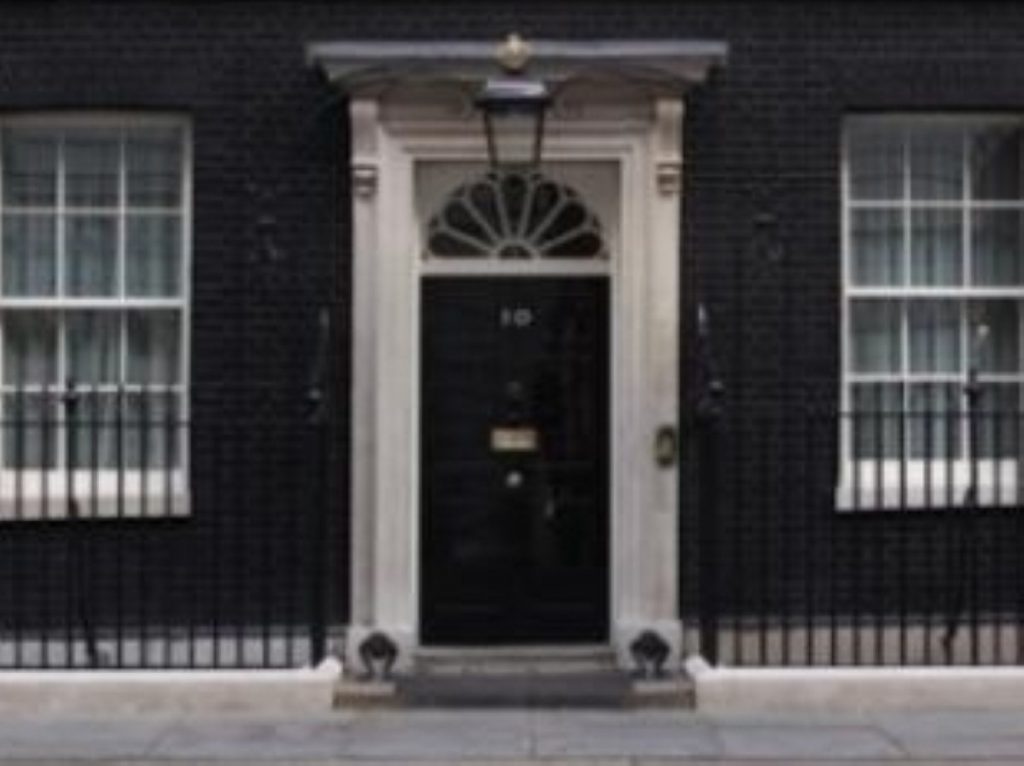Cameron eyes ‘great repeal bill’
By politics.co.uk staff
A Conservative government would quickly introduce a “great repeal bill” as the centrepiece of the next parliament’s first Queen’s Speech, David Cameron has pledged.
The Tory leader told the Sunday Times newspaper that the bill would scrap ID cards, home information packs and swathes of the rarely-used criminal offences under the substantial body of criminal justice legislation created since New Labour came to power in 1997.
He also suggested the Queen’s Speech would see Conservative ministers handed an instant five per cent pay cut. A law would be put before parliament giving every large city the chance to hold elections to choose their mayor.


And shadow children’s secretary Michael Gove’s reforming plans to create hundreds of new academies would be quickly pushed through.
The Tory leader has seen his position in the polls improve over the weekend, following his victory in the final leaders’ debate on Thursday evening.
Projections from most polls still place him short of an overall majority, however, meaning his legislative plans could be placed on hold in a hung parliament.
Addressing the Lib Dem surge which has been the story of the 2010 general election campaign, Mr Cameron urged voters to back the Tories instead.
“If you want real change to start on Friday, you have got to vote Conservative on Thursday,” he added.
“It is the only way to be sure that you will have a new government, a new team, a new prime minister.
“A Liberal Democrat vote is a vote for uncertainty. You may not get Gordon Brown as prime minister, but what are you going to get instead? Ed Balls?”
Mr Cameron may find himself moving into No 10 even if he does not win an overall majority, however. If he can negotiate support from the Lib Dems – even if it is only a ‘confidence and supply’ pledge not to bring down his government or withhold support on vital Budget votes – he could still find himself prime minister.
“I will be able to manage the step change,” he said.
“It is about being incredibly sure about what you are doing, but maintaining that sense of equilibrium about who you are and the rest of your life and your family.”
Speaking on the Andrew Marr programme this morning, the Tory leader said he would lead a government which was less concerned with the 24-hour news cycle.
“I believe the style of government I aspire to is one of quiet effectiveness,” he said.
“We’ve run government in the last thirteen years as a sort of branch of the entertainment industry, it’s been twenty-four hour news and twenty-four hour government.
“One of the big tasks if we win this election, frankly whoever wins this election, put aside the tools of the short term politics, of the twenty-four hour news agenda and get on roll up our sleeves and start taking decisions for the good of the country.”









